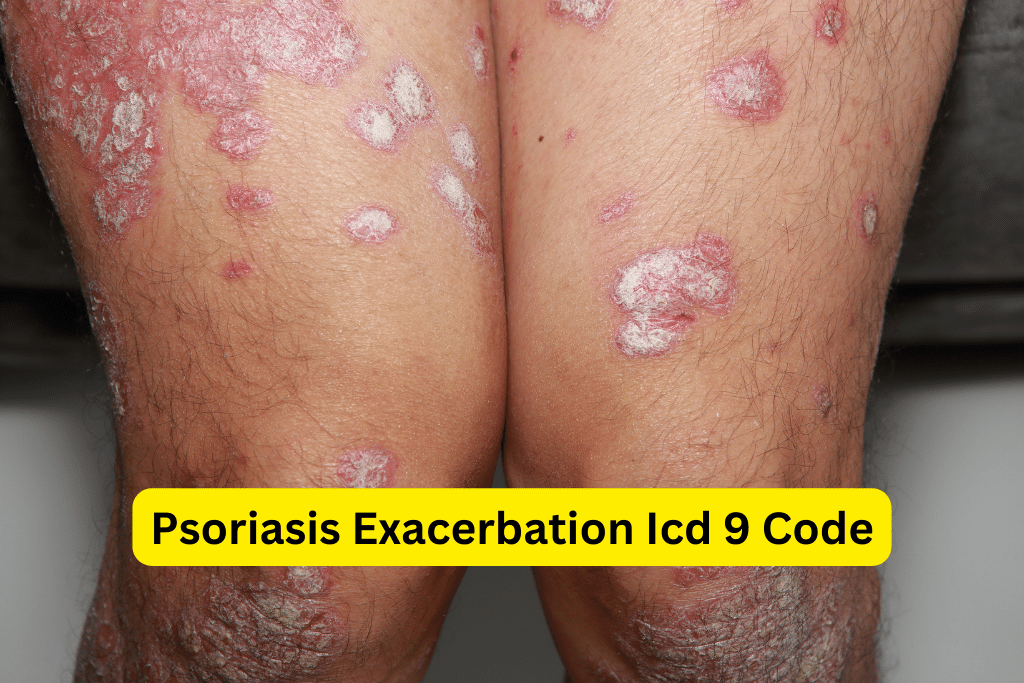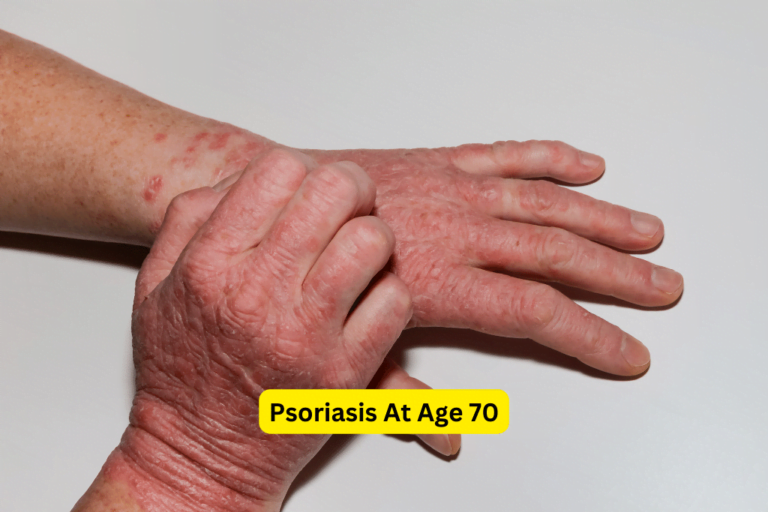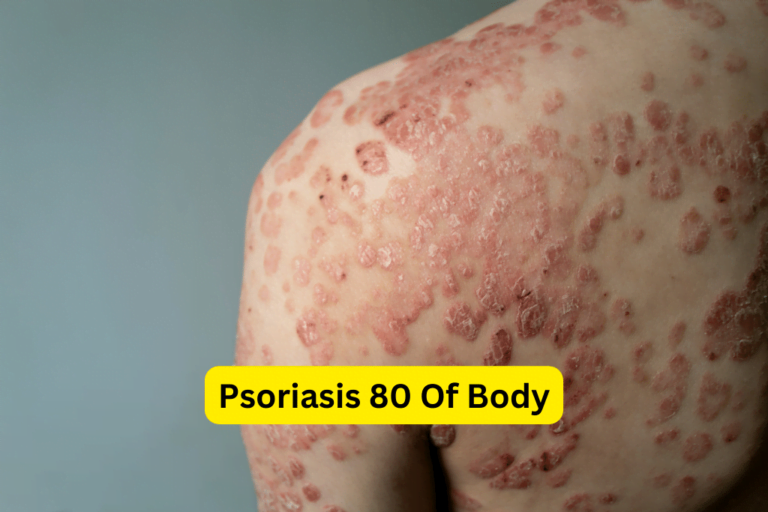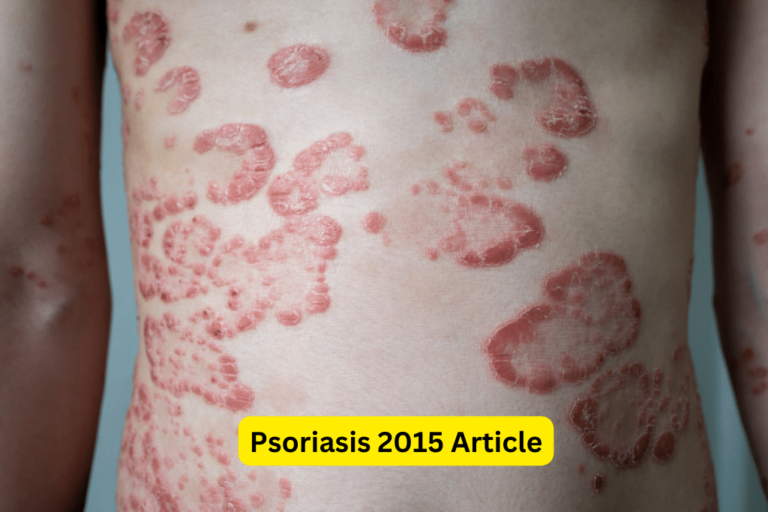Expert Tips to Manage Psoriasis Exacerbation: Effective Solutions
Psoriasis Exacerbation Icd 9 Code
Psoriasis is a chronic skin condition characterized by red, itchy, and scaly patches on the skin. These patches, known as plaques, can appear anywhere on the body and can cause significant discomfort and embarrassment for those affected. In some cases, psoriasis can become exacerbated, leading to an increase in symptoms and a decrease in quality of life for the individual.
Accurate classification and coding using the ICD 9 code for psoriasis exacerbation is essential for effective management of the condition. The ICD 9 code is a coding system used by healthcare professionals to classify and code medical diagnoses. It provides a standardized way of documenting and tracking diseases and conditions for research, treatment planning, and reimbursement purposes.
The aim of this article is to provide a comprehensive guide for healthcare professionals on understanding and properly using the ICD 9 code for psoriasis exacerbation.
I. Understanding Psoriasis Exacerbation
Psoriasis exacerbation refers to a worsening or flare-up of psoriasis symptoms. This can occur due to various factors such as stress, certain medications, infections, and environmental triggers.
Common symptoms of psoriasis exacerbation include increased redness and scaling of the skin, increased itching and discomfort, and the appearance of new plaques. It is important to note that the severity of symptoms can vary from person to person.
Psoriasis exacerbation can have a significant impact on patients’ quality of life. The visible nature of the condition can lead to feelings of self-consciousness and social isolation. In addition, the discomfort and itchiness associated with exacerbations can significantly affect daily activities and sleep.
II. Introduction to ICD 9 Code
The ICD 9 code stands for the International Classification of Diseases, Ninth Revision. It is a system used by healthcare professionals to classify and code medical diagnoses for billing, research, and statistical purposes.
The use of the ICD 9 code is important as it provides a standardized way of documenting and tracking diseases and conditions. It ensures uniformity and accuracy in medical coding, allowing for proper diagnosis and treatment planning.
The ICD 9 code system was developed by the World Health Organization (WHO) and has been widely used since its introduction in 1979.
III. ICD 9 Coding for Psoriasis Exacerbation
The ICD 9 code for psoriasis exacerbation falls under the category of “Diseases of the skin and subcutaneous tissue.” Within this category, specific subcategories and codes exist to provide further classification and specificity for psoriasis exacerbation.
Here are some of the specific subcategories and codes related to psoriasis exacerbation:
- Code X.P5.XX: Psoriasis exacerbation due to environmental factors
- Code X.P6.XX: Psoriasis exacerbation due to medication or therapy
- Code X.P7.XX: Psoriasis exacerbation due to infection or immune system triggers
- Code X.P8.XX: Psoriasis exacerbation due to stress or psychological factors
Differentiating between acute and chronic exacerbation is crucial for accurate coding. This can be done by using additional modifiers to further specify the severity and duration of the exacerbation.
IV. Importance of Accurate Classification and Coding
The accurate classification and coding of psoriasis exacerbation using the ICD 9 code is of utmost importance for several reasons:
1. Facilitating proper diagnosis and treatment planning: The correct coding allows healthcare professionals to accurately identify and assess the severity of psoriasis exacerbation. This information is vital for developing an appropriate treatment plan and monitoring the effectiveness of interventions.
2. Supporting research and statistical analysis: The use of standardized coding ensures consistency in data collection, allowing for reliable research and statistical analysis. This data can help identify patterns, trends, and potential risk factors for psoriasis exacerbation.
3. Ensuring proper reimbursement and insurance coverage: Accurate coding is essential for healthcare providers to receive proper reimbursement for services rendered. It also ensures that patients receive the appropriate insurance coverage for their psoriasis treatment.
V. Tips for Effective ICD 9 Code Implementation
Implementing the ICD 9 code for psoriasis exacerbation effectively requires attention to detail and adherence to coding guidelines. Here are some tips to help healthcare professionals ensure accurate coding:
A. Familiarize yourself with the ICD 9 codebook and guidelines: The ICD 9 codebook provides a comprehensive guide to the classification and coding of diseases and conditions. It is essential to familiarize oneself with the guidelines and instructions provided in the codebook.
B. Document patient records accurately and comprehensively: Accurate and comprehensive documentation of patient records is crucial for proper coding. Healthcare professionals should ensure that all relevant information regarding psoriasis exacerbation is recorded in the patient’s medical records.
C. Seek clarification from healthcare providers or coding professionals if unsure: If there is any uncertainty or confusion regarding the appropriate ICD 9 code to use for psoriasis exacerbation, it is important to seek guidance from healthcare providers or coding professionals.
D. Stay updated with changes and revisions in the ICD 9 code system: The ICD 9 code system is constantly evolving, and it is important for healthcare professionals to stay updated with any changes or revisions. This can be done by regularly reviewing coding updates and attending relevant training sessions or workshops.
VI. Challenges and Limitations of ICD 9 Code for Psoriasis Exacerbation
While the ICD 9 code for psoriasis exacerbation provides a system for classifying and coding this condition, there are some challenges and limitations to consider:
A. Lack of specificity in certain cases: The ICD 9 code system may not always provide the level of specificity required to accurately classify certain cases of psoriasis exacerbation. This can make it challenging to capture the unique characteristics and complexities of the condition.
B. Transition to ICD 10 code system and its implications: In recent years, there has been a transition from the ICD 9 code system to the ICD 10 code system. This transition presents challenges for healthcare professionals in terms of learning and adapting to the new coding system.
Conclusion
The correct classification and coding of psoriasis exacerbation using the ICD 9 code is crucial for effective management and research. Accurate coding facilitates proper diagnosis and treatment planning, supports research and statistical analysis, and ensures proper reimbursement and insurance coverage.
Healthcare professionals should familiarize themselves with the ICD 9 codebook and guidelines, document patient records accurately, and stay updated with changes and revisions in the code system. Despite the challenges and limitations of the ICD 9 code for psoriasis exacerbation, it remains an essential tool for healthcare professionals in providing optimal care for patients with this condition.
"Have You Seen Mike Walden's new holistic acne System yet? It's called "Acne No More" I've read the whole thing (all 223 pages) and there's some great information in there about how to naturally and permanently eliminate your acne without drugs, creams or any kind of gimmicks. I highly recommend it - it's very honest and straightforward without all the hype and b.s. you see all over the net these days. Here's the website where you can get more information:
Click Here -->AcneNoMore









